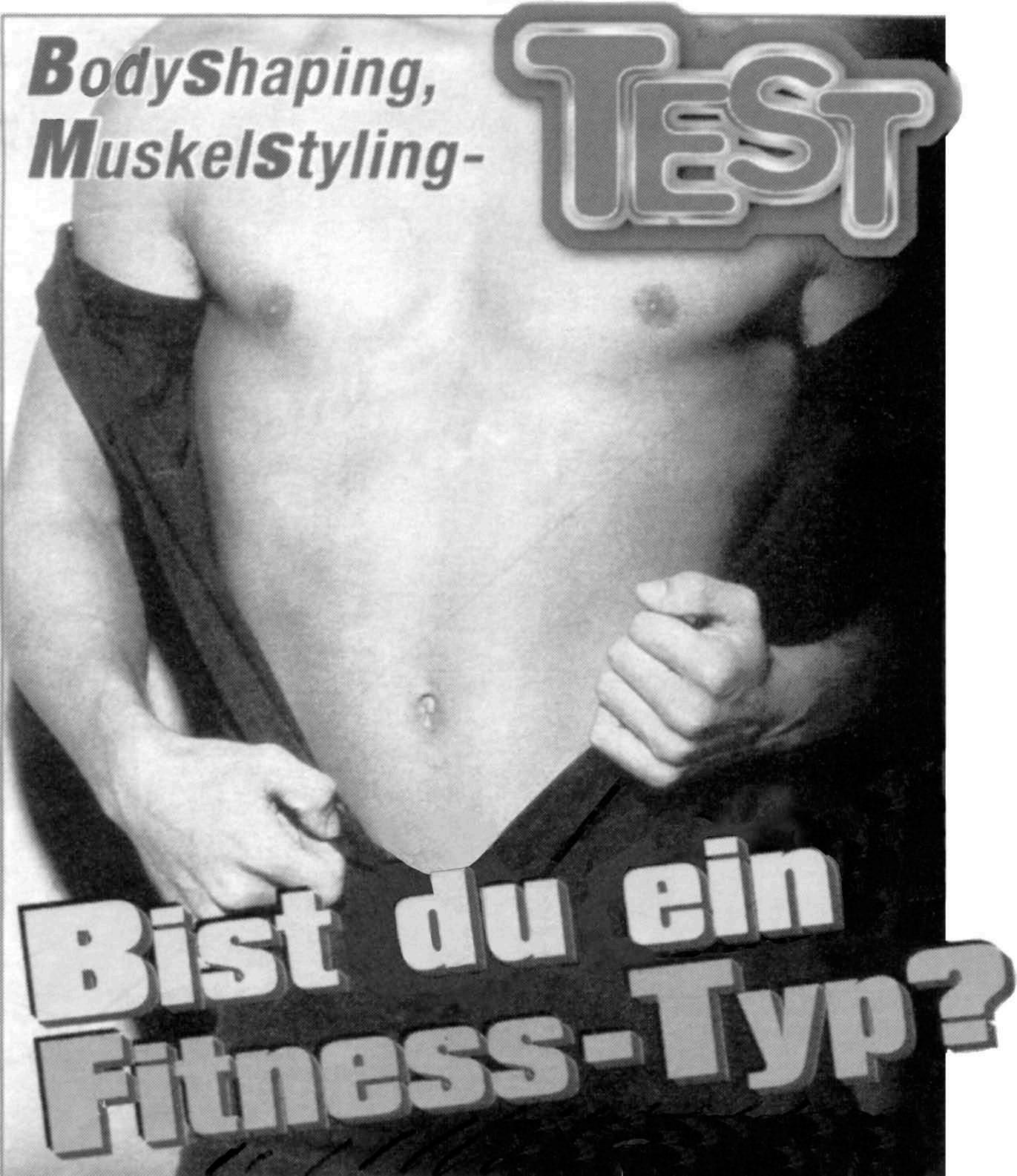3.5 Possessives
35
Solcher (such) is used mainly in the plural, with the same endings as dieser. In the singular it is usually used with ein and has the same endings as an adjective (see 4.1, ‘weak’ declension). Solchen Leuten kann man alles erzählen. Eine solche Kamera würde ich nie kaufen.
You can tell people like that anything. I’d never buy a camera like that.
So ein is the most common equivalent for ‘such a’ in spoken German, with the endings of the indefinite article ein (see 3.2). It is often accompanied by a gesture indicating the size. Sie hat mir so ein großes Eis gekauft.
She bought me an ice-cream this big!
Derjenige (that) is most often followed by a relative clause. The first part declines like der (see 3.1), the second has the endings of an adjective (see 4.1, ‘weak’ declension). Gerade diejenige Frau, die mir helfen wollte, ist verschwunden.
The very woman that was going to help me has disappeared.
Derselbe (the same). Both parts decline, like derjenige. Er besucht dieselbe Schule wie dein Bruder.
He’s at the same school as your brother.
3.5 Possessives Possessives indicate ‘possession’ of the following noun, e.g. mein Buch ‘my book’, Ihre Tochter ‘your daughter’. As in English, there is a possessive form corresponding to each PERSONAL PRONOUN, e.g. ich (I) or du (you) (see 3.7). This section deals with possessive DETERMINERS. See 3.9 for possessive PRONOUNS.
singular
plural
ich
mein
my
wir
unser
our
du
dein
your
ihr
euer
your
er
sein
his
Sie
Ihr
your (polite)
sie
ihr
her
sie
ihr
their
es
sein
its
NB For the personal pronouns ich, du etc. see 3.7. NB The polite form Sie (you) and its possessive Ihr (your) can be used to address one person, or two or more people (see 3.7). NB The -er at the end of unser and euer is part of the stem, not an ending. The endings are added to the stem, e.g. in unserem Haus, eu(e)re Reise.










